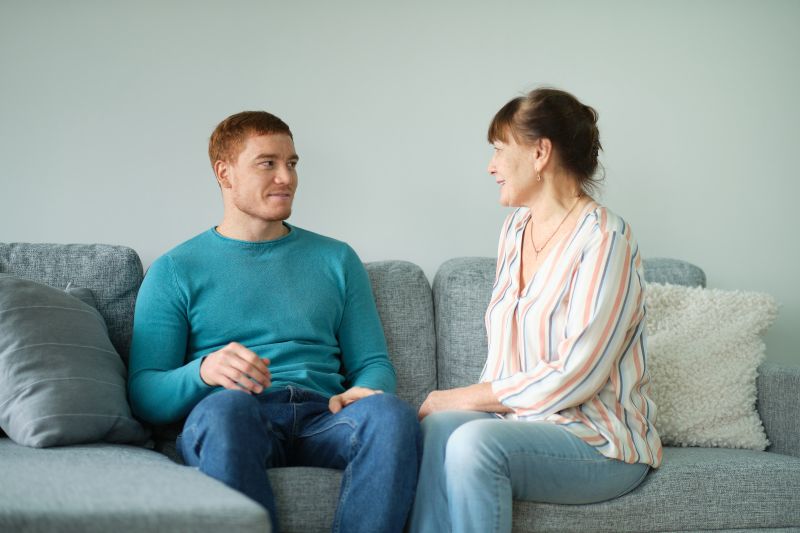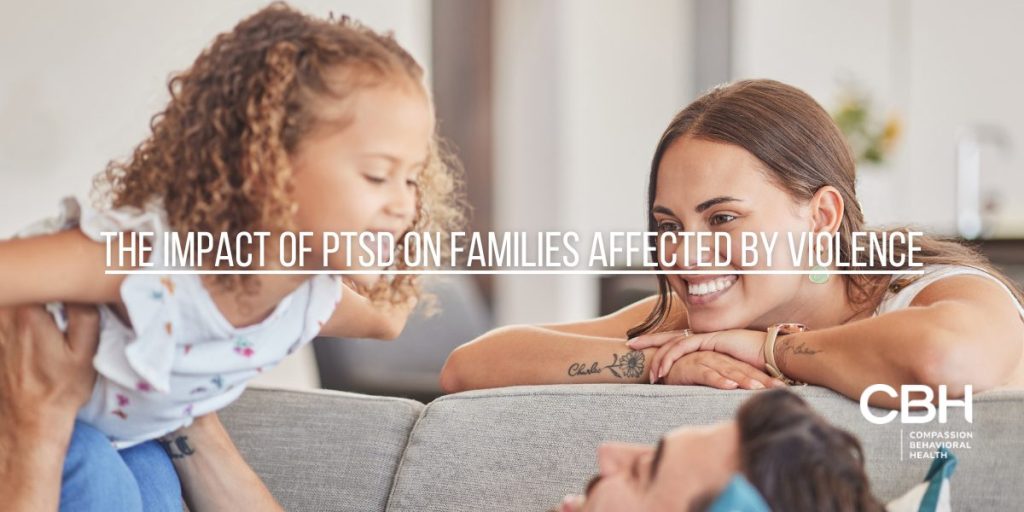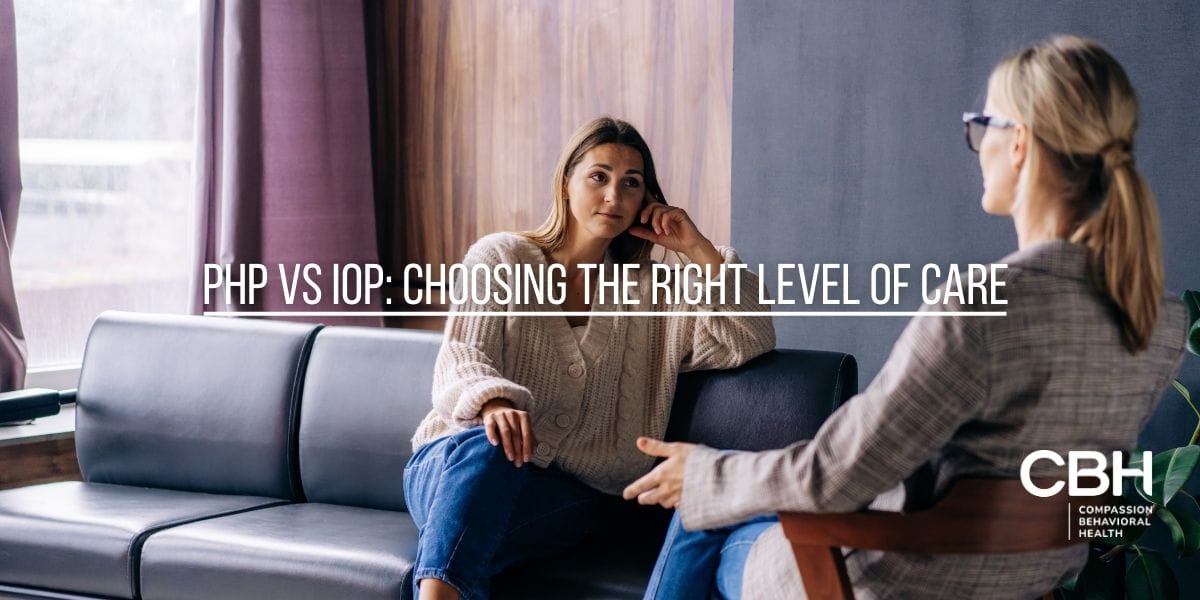Post-Traumatic Stress Disorder (PTSD) is a mental health condition that can arise after experiencing or witnessing traumatic events, particularly those associated with violence. This article delves into the profound effects of PTSD on families, exploring how it alters relationships, communication, and overall family dynamics. Understanding these impacts is crucial for fostering healing and support within affected families.
In this article, you will discover:
- The nature of PTSD and its symptoms
- How PTSD affects family relationships
- Strategies for supporting family members with PTSD
- Resources available for families
What is PTSD?
Post-Traumatic Stress Disorder is a mental health condition that can occur after someone experiences or witnesses a traumatic event. While it is often associated with military veterans, PTSD can affect anyone who has been exposed to violence, whether it be domestic abuse, sexual assault, or other forms of trauma. The impact of PTSD can be profound, affecting not only the individual but also their relationships, work life, and overall quality of life. Understanding PTSD is crucial for fostering empathy and support for those who are struggling with its effects.

Symptoms of PTSD
PTSD manifests in various ways, and its symptoms can significantly impact daily life. Common symptoms include:
- Intrusive memories or flashbacks of the traumatic event
- Avoidance of reminders associated with the trauma
- Negative changes in mood and cognition
- Heightened arousal and reactivity, including irritability and sleep disturbances
These symptoms can vary in intensity and may not appear immediately after the traumatic event. For many, they can surface months or even years later, complicating the healing process. The unpredictability of these symptoms can lead to a sense of isolation, as individuals may feel misunderstood by friends and family who cannot comprehend the depth of their pain. Furthermore, the stigma surrounding mental health issues can deter individuals from seeking help, leaving them to navigate their struggles alone.
In addition to the core symptoms, PTSD can also lead to a range of co-occurring conditions such as depression, anxiety disorders, and substance abuse. Individuals may find themselves engaging in unhealthy coping mechanisms to manage their distress, which can further exacerbate their situation. The journey towards recovery often requires a multifaceted approach, including therapy, medication, and support from loved ones. Therapeutic options such as cognitive-behavioral therapy (CBT) and Eye Movement Desensitization and Reprocessing (EMDR) have shown promise in helping individuals process their trauma and regain a sense of control over their lives.
The Ripple Effect: How PTSD Affects Family Dynamics
The impact of PTSD extends beyond the individual suffering from the disorder; it creates a ripple effect that influences the entire family. Understanding these dynamics can help families navigate the challenges they face.
Emotional Strain on Relationships
Families dealing with PTSD often experience emotional strain. The individual with PTSD may struggle with feelings of isolation, anger, or sadness, which can lead to misunderstandings and conflict within the family. Partners and children may feel helpless or frustrated, unsure of how to provide support.
Common emotional responses include:
- Increased tension and conflict
- Feelings of resentment or neglect
- Withdrawal from family activities

Moreover, the emotional toll can manifest in various ways, affecting not just the immediate relationships but also the extended family dynamics. For instance, grandparents or close relatives may feel the strain of not being able to connect with the affected individual, leading to feelings of exclusion or confusion about how to help. Children in the family may also internalize these tensions, potentially leading to behavioral issues or academic struggles as they grapple with their own feelings of insecurity and anxiety about their loved one’s well-being.
Communication Breakdowns
Effective communication is essential for healthy relationships, but PTSD can hinder this process. Family members may find it challenging to express their feelings or discuss the trauma openly. This can lead to misunderstandings and a sense of disconnection.
Some factors contributing to communication breakdowns include:
- Fear of triggering negative emotions
- Difficulty articulating feelings
- Shame or stigma surrounding mental health
In addition to these factors, the presence of PTSD can create a communication hierarchy within the family, where the needs of the individual with PTSD overshadow the emotional needs of other family members. This imbalance can lead to a cycle of silence, where family members suppress their own feelings to avoid adding to the burden of the person suffering from PTSD. Over time, this can foster resentment and a sense of isolation among family members, who may feel that their voices are not being heard or valued. Establishing open lines of communication, perhaps through family therapy or support groups, can be a vital step in breaking this cycle and fostering a healthier family environment.
Supporting Family Members with PTSD
Supporting a loved one with PTSD requires patience, understanding, and effective strategies. Families can play a crucial role in the healing process, helping to create a supportive environment. It is essential to recognize that PTSD affects not only the individual but also the entire family unit, and navigating this journey together can strengthen bonds and foster resilience.
Educate Yourself About PTSD
Knowledge is power. Understanding PTSD can help family members empathize with their loved one’s experiences. This includes recognizing symptoms, triggers, and the importance of professional help. It is also beneficial to learn about the different types of PTSD, as symptoms can vary widely from person to person. For instance, some may experience flashbacks or nightmares, while others might struggle with emotional numbness or avoidance behaviors. Gaining insight into these variations can enhance empathy and patience.
Resources for education include:
- Books and articles on PTSD
- Workshops and support groups
- Consulting mental health professionals
Encourage Open Communication
Fostering an environment where family members feel safe to express their feelings is vital. Encourage open discussions about PTSD and its effects, allowing everyone to share their thoughts and emotions. It is important to create a non-judgmental space where feelings can be expressed freely, as this can help reduce feelings of isolation and shame that often accompany PTSD. Regular family check-ins can also be beneficial, allowing everyone to discuss their emotional well-being and any challenges they may be facing.

Some tips for promoting communication include:
- Setting aside time for family discussions
- Practicing active listening
- Using “I” statements to express feelings without placing blame
Promote Healthy Coping Mechanisms
Encouraging healthy coping strategies can help family members manage the stress associated with PTSD. This may include activities such as:
- Physical exercise
- Mindfulness and relaxation techniques
- Engaging in hobbies or creative outlets
By promoting these activities, families can help create a supportive atmosphere that fosters healing. Additionally, establishing a routine can provide a sense of stability and predictability, which is often comforting for those dealing with PTSD. Simple practices like family walks, cooking meals together, or participating in community events can enhance connection and provide a distraction from distressing thoughts.
Moreover, it is crucial to recognize the importance of self-care for family members as well. Supporting someone with PTSD can be emotionally taxing, and caregivers must prioritize their own mental health to be effective in their roles. This might involve seeking therapy, joining support groups, or simply taking time for personal interests and relaxation. By taking care of themselves, family members can better support their loved one through the healing journey.
Resources for Families Affected by PTSD
There are numerous resources available for families affected by PTSD. Seeking help can be an essential step in the healing process.
Support Groups

Support groups provide a safe space for families to share their experiences and learn from others facing similar challenges. These groups can offer emotional support and practical advice for navigating the complexities of living with PTSD. Many support groups are facilitated by trained professionals who can guide discussions and ensure a respectful environment. Additionally, these gatherings often foster a sense of community, allowing members to build lasting friendships and connections that can be invaluable in times of distress. Some groups even focus on specific demographics, such as veterans’ families or those impacted by trauma from natural disasters, ensuring that participants can relate to one another’s unique experiences.
Professional Counseling
Engaging with mental health professionals can provide families with tailored strategies to cope with the effects of PTSD. Family therapy can be particularly beneficial, as it addresses the dynamics within the family unit and fosters understanding. Therapists often employ various techniques, such as cognitive-behavioral therapy (CBT) or eye movement desensitization and reprocessing (EMDR), which have been shown to be effective in treating PTSD. Moreover, individual counseling for family members can also be crucial, as it allows each person to process their feelings and experiences in a supportive environment. This dual approach not only enhances individual well-being but also strengthens family bonds, creating a more resilient support system.
Online Resources and Hotlines
Many organizations offer online resources and hotlines for families dealing with PTSD. These resources can provide immediate support and information on coping strategies, treatment options, and local services. Websites often feature articles, videos, and forums where families can learn about the latest research and share their stories. Hotlines staffed by trained counselors can offer 24/7 assistance, ensuring that families have access to help whenever they need it. Furthermore, some organizations provide virtual workshops and webinars that focus on specific topics related to PTSD, such as self-care techniques or managing triggers, empowering families with knowledge and tools to navigate their journey more effectively.
Conclusion
Understanding the impact of PTSD on families affected by violence is crucial for fostering healing and support. The emotional strain, communication breakdowns, and the need for effective coping strategies are all vital aspects to consider. By educating themselves, encouraging open communication, and utilizing available resources, families can navigate the challenges posed by PTSD together.

Ultimately, healing from trauma is a journey that requires time, patience, and support. Families can emerge stronger and more resilient by working together to understand and address the effects of PTSD.
Top-Rated PTSD Treatment at CBH in Florida

If you or a loved one is grappling with the effects of PTSD, remember that you’re not alone. Compassion Behavioral Health is here to be your beacon of hope. Our tailored approach to mental health and substance use treatment is designed to support sustainable recovery and help you regain control of your life. With our team’s dedication to personalized rehabilitation programs, we’re committed to guiding you toward your highest well-being. Conveniently located in South Florida, our Hollywood rehab center is a sanctuary near serene beaches, providing the perfect backdrop for healing. Call Us Today and take the first step on your journey to recovery with Compassion Behavioral Health.



